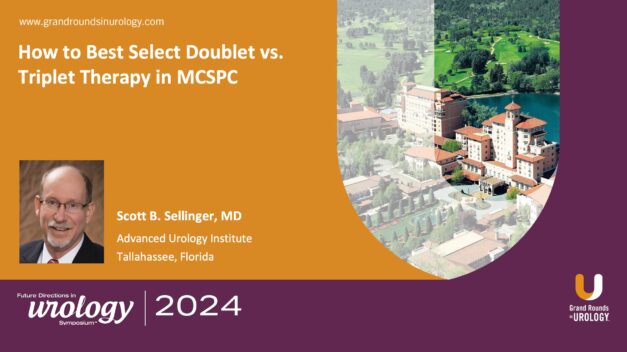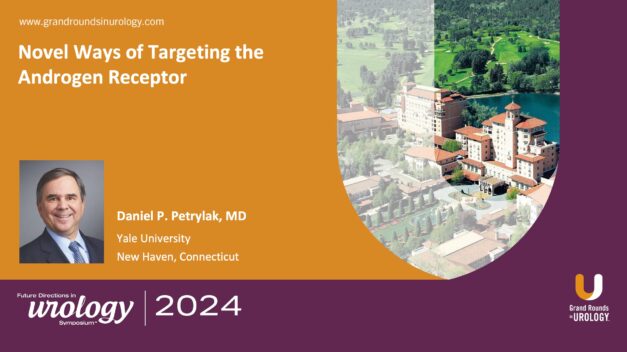PCa Commentary | Volume 198 – February 2025
Pluvicto was approved in March 2022 for therapy in men with heavily pretreated castration resistant metastatic prostate cancer, and since then, it has become a frequently prescribed life-prolonging treatment. Sartor et al., NEJM 2021, reported that the median imaging-based progression-free survival for 177Lu PSMA was 8.7 months vs. 3.4 for ADT alone, and the median overall survival was 15.3 months vs.11.3 for ADT. Quality of life was similar. Pluvicto is administered via a short IV infusion every 6 weeks for 4-6 cycles.
Read More












